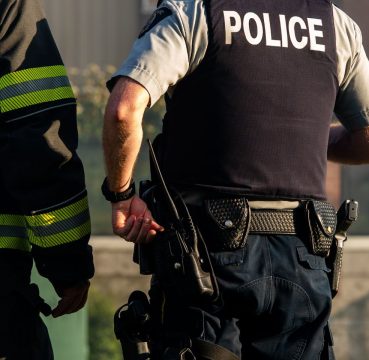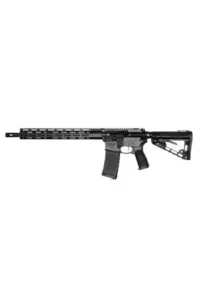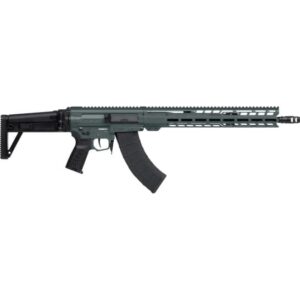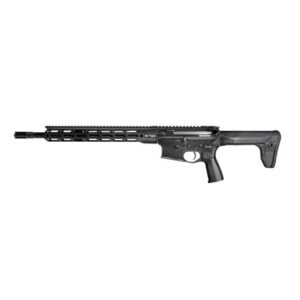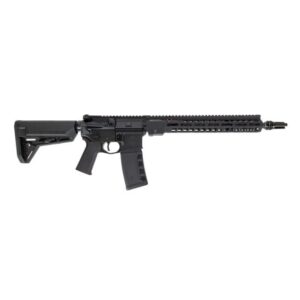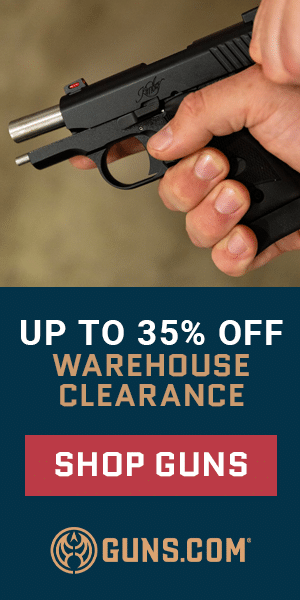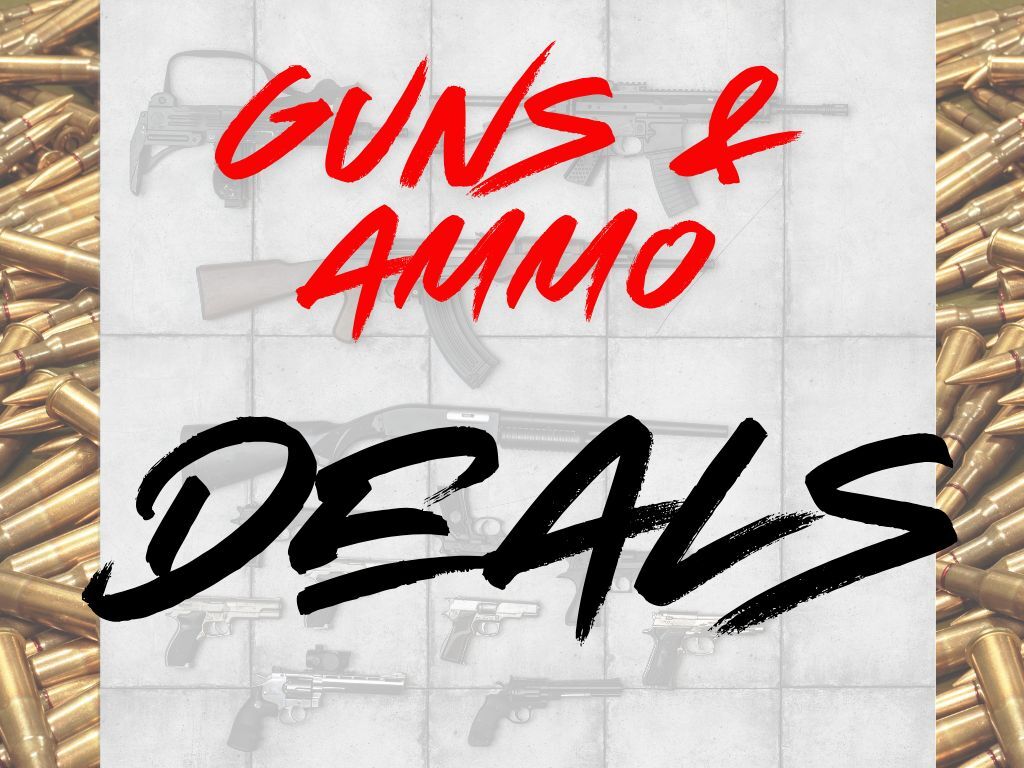Table Of Contents
Anyone who has worked in law enforcement knows that the job is not nearly as exciting as movies and TV shows portray. Bureaucratic duties fill much of police officers’ workdays, but a humdrum day can turn deadly at any moment without the right police equipment.
The police have a responsibility to handle dangerous situations at the drop of a hat, whether that work involves protecting an innocent person, subduing a suspect, or defending their own lives. Learn about the essential equipment police need for their work.
1. Holster and Gun
A police officer must always keep their firearm on their person when on duty; however, most officers are fortunate enough to rarely have a need to draw their weapons. The rest of the time, the firearm they carry is secured in a holster.
Kydex Vs. Nylon Holsters
Invest in a tactical holster designed to carry your specific firearm, whether that’s a Sig P320, Baretta, Glock, or other piece. Tactical holsters are built with extended wear time in mind; your tactical holster should be accessible but also comfortable, have a retention feature, and not impede your movements. Compare the benefits of wearing a Kydex or Nylon holster to find the right material for your carry needs.
For tactical maneuvers, police in mainly SWAT divisions will carry a carbine as their primary weapon—the Colt M4 Carbine is one of the most-used carbines for this purpose. A tactical holster holding the secondary weapon—a handgun—helps ensure the user is prepared for any situation even if the primary weapon fails, becomes damaged, or is otherwise rendered unusable.
2. Non-Lethal Weapons
Officers train for hundreds of hours on how to properly maintain, safely store, and accurately fire their weapons. A cop will never forget their firearm when they go on duty, as they know they must always be prepared to respond to a lethal threat.
They also know, however, that lethal force is the last resort. Police need to make sure they have the tools available to secure a subject without drawing their firearms—these include items like batons, pepper spray, and tasers. An officer who doesn’t have their pepper spray refilled increases the chance of having to draw their firearm and escalating, rather than diffusing, a situation.
3. Radio
Another piece of essential equipment police need for their work is a radio. Having a working radio is just as important as having your Glock 19 loaded and ready. While most departments use computers for officers in a vehicle, everyone knows that computer issues often occur when you need a working system the most.
All officers need to make sure they have a working radio before they go on patrol; this will enable them to communicate with dispatch if their laptop loses signal, as well as call for backup when pursuing a suspect. Ensure your radio is charged and test that it’s working before each shift.
